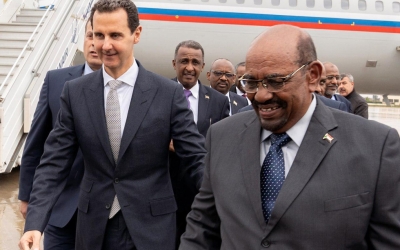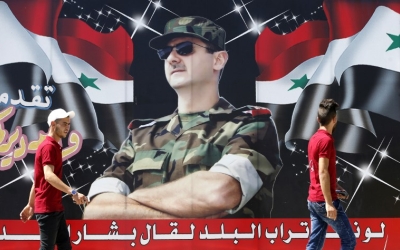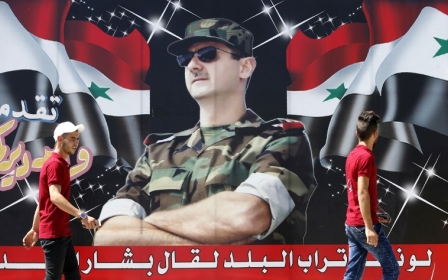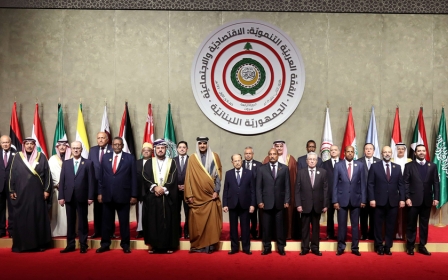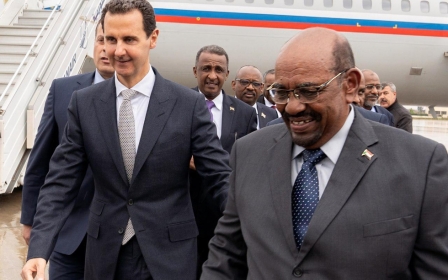Syria takes part in first Arab states meeting since 2011
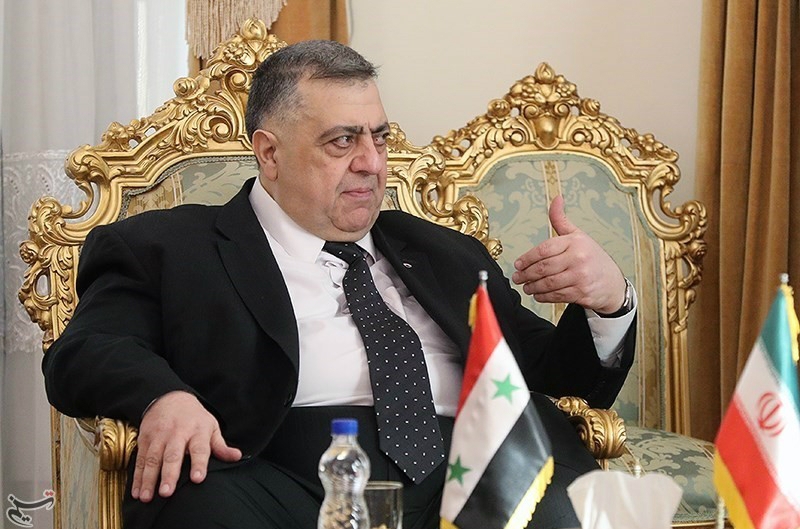
Syria has attended a meeting of Arab states for the first time since its conflict broke out in 2011, marking another step towards the country's political reintegration into the region.
Hammouda Sabbagh, Syria's parliament speaker, travelled to Amman for Sunday's Arab Inter-Parliamentary Union (APU) meeting.
The invitation to Sabbagh officially came from the union, but Jordanian politicians said Amman lobbied and pushed to invite Syria, the Jordan Times reported.
Deputising for King Abdullah, Atef al-Tarawneh, Sabbagh's Jordanian counterpart, inaugurated the two-day 29th APU conference under the title, "Jerusalem is the eternal capital of Palestine."
Tarawneh called in a speech for regional countries "to work towards a political settlement to the Syrian crisis... and for Syria to regain its place" in the Arab world.
He also called for a solution to end the suffering of the Syrian people and safeguard the territorial unity of the country.
The Arab League suspended Syria's membership in November 2011 as the death toll mounted in its civil war, but several Arab states are seeking to restore ties with Syrian President Bashar al-Assad after his forces made decisive gains in the conflict.
With backing from Russia and Iran, Assad's government has expelled various armed groups from large parts of Syria, and now controls almost two-thirds of the country.
'Arab consensus'
In January, Lebanese Foreign Minister Gebran Bassil, who was hosting an Arab economic summit in Beirut, urged the Arab League to readmit Syria.
At that meeting, Arab League chief Ahmed Aboul Gheit said Syria's return to the body was awaiting "Arab consensus".
In December, Sudan's President Omar al-Bashir made the first visit by any Arab leader to the Syrian capital since 2011, and the United Arab Emirates (UAE) reopened its embassy in Damascus after closing it in 2012.
In January, Middle East Eye revealed that Saudi Arabia, the UAE and Egypt had hatched a plan with Israel to welcome Assad back into the Arab League to marginalise the regional influence of Turkey and Iran.
The diplomatic initiative was agreed at a secret meeting held in a Gulf capital in December which was attended by senior intelligence officials from the four countries - including Yossi Cohen, the director of Mossad, Gulf sources with knowledge of the meeting told MEE.
Middle East Eye delivers independent and unrivalled coverage and analysis of the Middle East, North Africa and beyond. To learn more about republishing this content and the associated fees, please fill out this form. More about MEE can be found here.


